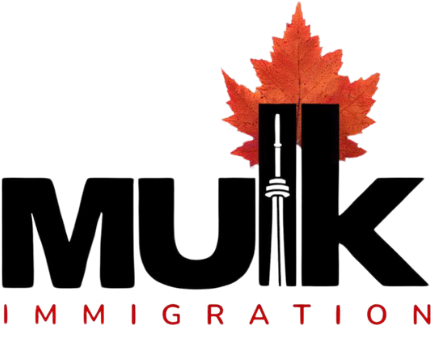Study Permit Sponsor Family members in Canada
In Canada, it is possible for international students with a valid study permit to sponsor certain family members to join them in Canada. Here’s what you need to know about sponsoring family members while on a study permit:
Eligible Family Members: As an international student with a valid study permit, you may be eligible to sponsor the following family members to come to Canada:
- Your spouse or common-law partner.
- Your dependent children (including adopted children) who are under the age of 22 and are not married or in a common-law relationship.
Sponsorship Obligations: As a sponsor, you must meet certain obligations, including providing financial support to your sponsored family members and ensuring they do not need to rely on social assistance from the government.
Financial Requirements: You must demonstrate that you have sufficient financial resources to support your sponsored family members in Canada. This includes meeting minimum income requirements set by Immigration, Refugees and Citizenship Canada (IRCC).
Application Process: The process for sponsoring family members while on a study permit involves submitting a sponsorship application to IRCC. This application typically includes forms, supporting documents, and fees.
Processing Time: Processing times for family sponsorship applications can vary depending on factors such as the type of application and the volume of applications being processed. It’s important to check the current processing times on the IRCC website and submit your application well in advance.
Inland or Outland Sponsorship: Depending on your specific circumstances, you may choose to apply for inland or outland sponsorship. Inland sponsorship is for family members who are already in Canada, while outland sponsorship is for family members who are outside of Canada.
Temporary Resident Visa (TRV) or Electronic Travel Authorization (eTA): Sponsored family members who are outside of Canada may need to apply for a temporary resident visa (visitor visa) or an electronic Travel Authorization (eTA) to enter Canada, depending on their country of citizenship.
Medical Examination and Criminal Background Check: Depending on the family member being sponsored and their country of origin, they may need to undergo a medical examination and provide police clearance certificates as part of the application process.
Conditional Permanent Residence: Sponsored spouses or partners may be subject to a conditional permanent residence requirement if the relationship is less than two years old at the time of sponsorship. This means they must live with their sponsor for a period of two years after becoming a permanent resident.
It’s important to carefully review the sponsorship requirements and seek guidance from IRCC or a qualified immigration professional to ensure that you meet all the necessary criteria and submit a complete and accurate sponsorship application for your family members.

